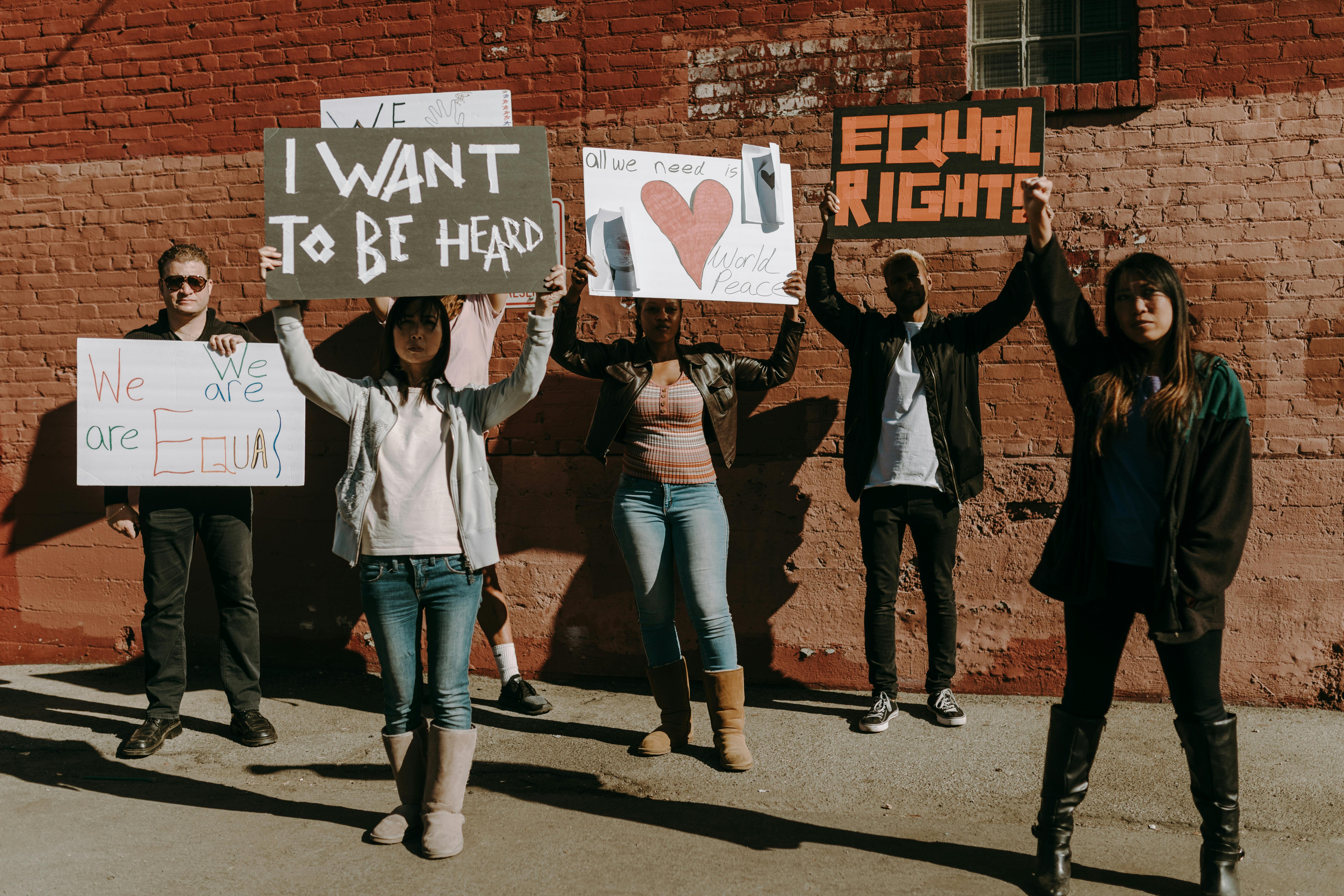How to feel safe, not terrified
Today our nation continues in the war on terror. We recognize, of course, that both ‘war’ and ‘peace’ during a time when the world largely rejects the Son of God may be relative terms. There was much real enmity during the days of the so-called ‘peace’ and, conversely, one can enjoy, in the midst of this war, a peace that the world can neither give nor take away.
It would never be my intention to ‘mess with’ the political views of those who are so inclined to have these thoughts (Deut. 2), or the conscience of you, the reader, but my job is to seek the truth which, when discovered, will belong to a kingdom completely removed from the things of the earth, leaving the reader with the Word as the only director of his actions. However, it is mostly true that we can learn from the things around us.
The government due to the threat of terrorist attacks has provided, among other things, safe havens for the protection of the people, this in the form of new laws such as the Patriot Act and various other security changes at airports, courthouses and even schools. It is this fact that provides the subject of this study. God has also foreseen and provided refuges, and He Himself has presented Himself in the Word in this capacity.
Normally I would have felt compelled to present a structural analysis and other comments, but since this article is intended to minister to ‘current need’, in this case I will address our topic more directly. The shelter is, so to speak, intended for immediate use, not to be examined piecemeal.
Deut. 33:27 The Eternal God [is thy] shelter, and below [are] the eternal arms; and he will drive out the enemy from before you; and he will say: Destroy [them].
This brings us to the beginning of all comfort, comfort, and protection. Moses must have had a reason for using the adjective ‘everlasting’ here. He could have said, as in the Psalms, ‘God is our refuge,’ or ‘Jacob’s God is our refuge,’ but he obviously intends to direct our attention, not only to God, but to some type associated with character. of God which is of particular importance when connecting the need for a shelter and providing it. The word ‘eternal’ represents at least four different ideas in Scripture, and we will become familiar with these wonderful uses in the Bible.
The Hebrew word Qadam, translated here in Deuteronomy as ‘everlasting’, means ‘to precede, go before’, so it sometimes conveys the idea of ’anticipating’ something before it happens, as can be seen in Jonah 4:2, ‘ Therefore I fled BEFORE (qadam) to Tarshish’, which Gesenius, the Hebrew grammar scholar, translates: ‘Thus I anticipated (the danger that threatens me) by fleeing to Tarshish.’
‘Old’ is also a frequent translation, and the words in Habakkuk 1:12 give a similar idea. ‘[Art] Are you not from eternity, O LORD, my God, my Holy One? We will not die. O LORD, you have set them for judgment; and, O mighty God, you have established them for correction.’
You must not only remember that the ‘eternal’ God is ‘of old’, for this alone would not necessarily prove that He would be a refuge, but also that the word carries with it the idea of ’being beforehand with anything’, ‘ anticipate demand’ and supply it.
As with the word ‘eternal’, also with the word ‘refuge’, it represents a number of ideas. In Deuteronomy 33:27, the word is meonah, from a root meaning ‘dwell’.
Deut. 33:27 ‘The eternal (qadam) God [is thy] refuge (meonah), and below [are] the eternal arms; and he will drive out the enemy from before you; and he will say: Destroy [them].’
This refuge is, therefore, a dwelling. The same word is used of the ‘abode’ of God Himself (Ps. 76:2), and of the ‘dens’ of wild beasts (Ps. 104:22). In either case, the meaning is the same. It is a place that provides protection and where one can feel safe.
The shelter provided for God’s people is not to be thought of in terms of concrete or steel, for following the opening statement of Deuteronomy 33:27 we read: ‘And below are the everlasting arms.’ The word ‘arms’ can have two different meanings, but there is no confusion in Deuteronomy 33:27.
The ‘everlasting arms’ refer, not to weapons, but to the arms of the Lord, once ‘stretched out’ to deliver Israel (Deut 4:34; 5:15; 7:19; 9:29; 11:2 ; 26: 8), and now lying in loving support, so that the tormented believer, forgetting all terrors and threats, seeking neither cold, stark steel nor damp, musky cement, sinks into the peaceful and safe rest in the arms of God and Father. of our Lord Jesus Christ, the God who is beforehand is your refuge.
